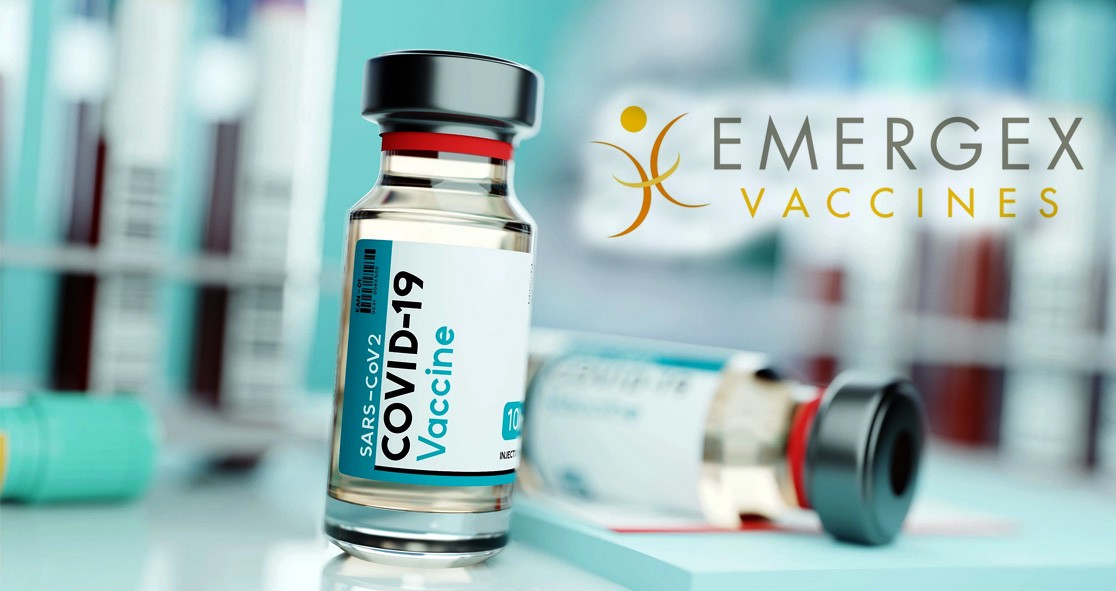Emergex, a UK-based biotechnology company, is set to conduct clinical trials of a T-cell vaccine against COVID-19, which is easy to administer and would be available in a skin patch, according to The Guardian.
The second-generation vaccine will use T-cells to kill infected cells and could offer longer-lasting immunity than the currently available vaccines.
Emergex develops T-cell vaccines, the idea of Prof. Thomas Rademacher, who is the company’s CEO and professor emeritus of molecular medicine at the University College London medical school.
The vaccine prevents viral replication and disease by helping T-cells to kill infected cells from the body quickly after infection. The current COVID vaccines help the body to develop antibodies against the virus, but the T-cell-based vaccine finds and destroys infected cells.
Pfizer-BioNTech and the AstraZeneca-Oxford University vaccines also produce a T-cell response but to a much lesser extent.
Swiss drug regulatory body has authorized Emergex to conduct initial human trials in Lausanne, Switzerland, which will involve 26 individuals who will receive a high and a low dose of its experimental COVID vaccine. The trials are expected to start on 3 January, with interim results expected in June.
Emergex Chief Commercial Officer Robin Cohen said, “This is the first time a regulator has approved a Covid vaccine to go into clinical trials whose sole purpose is to generate a targeted T-cell response in the absence of an antibody response and those T-cells look for infected cells and kills them.”
“The virus is the asteroid: it fires into the planet and a viral code, a signature for that virus, is rapidly displayed all over the surface,” he explained. “These signatures are read by T-cells as foreign, and the T-cells kill the cell before it can produce new live viruses.”
Prof. Danny Altmann of Imperial College London said he doubted that a T-cell vaccine “could do the job on its own” but it could play a complementary role. He said, “mRNA vaccines such as the Pfizer/BioNTech shot work so well because they produce a strong neutralizing antibody response. The Pfizer vaccine has been shown to be more effective against Covid than the AstraZeneca/Oxford jab, which elicits a stronger T-cell response.”
However, a T-cell vaccine could be used to complement other jabs, Prof. Altmann said, as T-cell vaccines might be more impervious to virus mutations.
“Antibodies are very sensitive to mutations while T-cells can see many other parts of the virus. Maybe that’s a selling point for T-cell vaccines,” he added.
In a separate clinical trial, Emergex is testing another T-cell vaccine against dengue fever, with interim results due in January.
The World Health Organization (WHO) says 50% of the world’s population is at risk from dengue fever and there is currently no specific treatment or vaccine for it.
Emergex is also planning to deploy its T-cell vaccines against flu, Zika, Ebola, and other infections.























